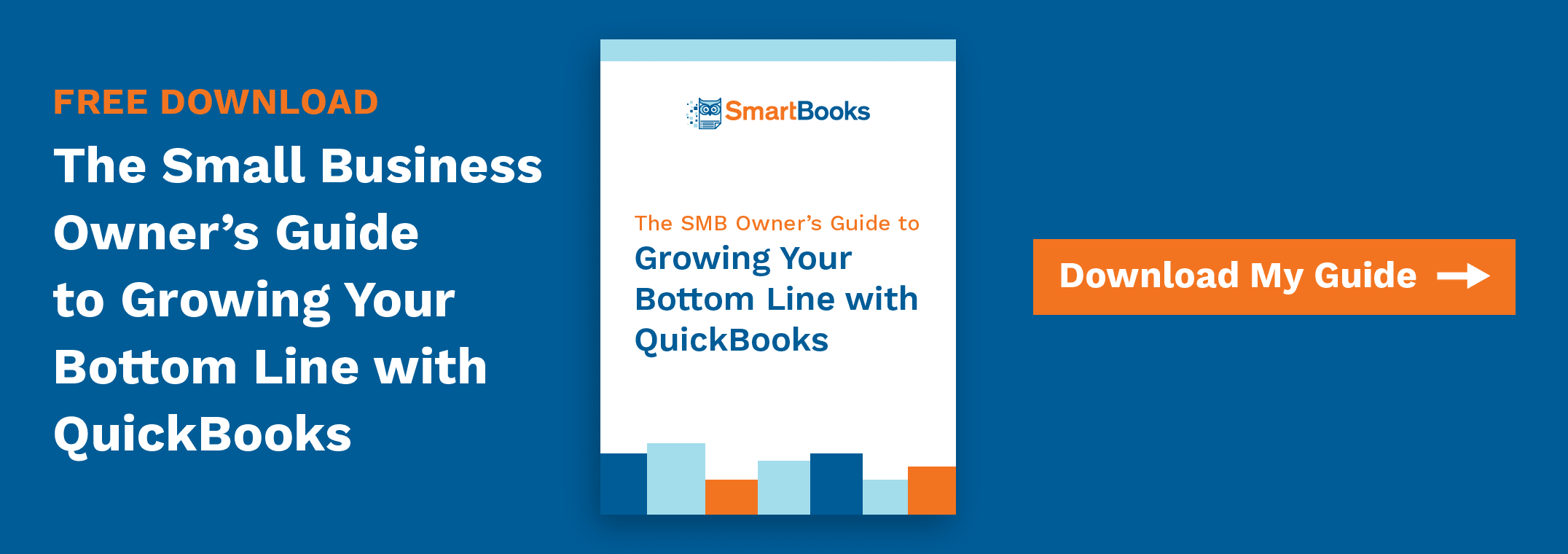Choosing the Accounting Method That’s Right for Your Business

All companies need to decide what accounting model to use for their business. Generally speaking, cash accounting is simpler to execute, while accrual accounting is more complicated but more precise and more helpful if you really want to understand what’s going on with your company, financially and operationally. Let’s take a look at the basic choices and some of the factors to consider as you make a decision for your company.
Accounting Method Should Reflect Your Business Needs & Outlook
Maybe it’s self-evident, but it’s important that the accounting method you choose should align with your business’s needs. What might not be self-evident is what characteristics of your business are relevant in guiding the decision. Everybody wants a solution that’s fast, easy, and inexpensive, but cheap and quick are useless if your actual needs aren’t being met. Before selecting an accounting method, business owners must have a thorough understanding of their needs:
Scaling: Your accounting needs will change as your company grows, and you should consider how rapidly you anticipate scaling and how quickly your needs will change. If growth is right around the corner, it may make sense to start now with the accounting methods better aligned for your future needs than just your current needs.
Revenue Reporting: Depending on how you charge customers and deliver services, you may need to adopt a more sophisticated approach to reporting revenue. SaaS companies, for instance, must be careful about how revenue is reported due to the complexities of their subscription models. Accounting solutions for SaaS startups must be able to perform incremental accrual-based accounting out of the gate to ensure that revenue is reported in accordance with each customer’s unique service contract.
Flexibility: As your business becomes more complex, your bookkeeping and accounting will have to match that complexity, and you need to be able to adapt to changing rules (especially if your business lives in the cloud). Yes, accounting rules do continue to evolve; in fact, the Financial Accounting Standards Board (FASB) released an update to its revenue recognition standards just a few years ago. You’ll need to be ready to accommodate these kinds of changes in reporting standards as they occur.
Know Your Options
The above considerations should give owners and executives plenty to think about as they select between accounting methodologies. Among the options available, there are three choices that offer different results:
1. Subscription Income Statements
These statements tell companies about their sales performance by reviewing analytics related to sales/marketing spend, the state of pre-paid discounts, and overall company valuation. This method is effective for reviewing past performance, but it’s only one piece of the puzzle.
2. Cash Accounting
Cash-based accounting is an easy option for companies wanting to get their foot in the door, but its simplicity only goes so far. While the cash in/cash out methodology works well for simple transactions, it becomes less effective as accounting needs become more complex. As your company grows and multiple payment models are introduced alongside pre-paid discounts, new pricing tiers, and differing service contracts, cash accounting will slowly lose its usefulness.
3. Accrual Accounting
The third option is accrual accounting—balancing revenue earned in each period against the operational expenses occurred in generating that revenue. As noted in our example above, SaaS companies bear the burden of reporting revenue incrementally over time to align with each customer’s service agreement. Accrual accounting offers the best way to reconcile these agreements and provide a clear view of revenue trends and growth month after month.
Accurate and Consistent Reporting
While multiple accounting solutions can be applied in tandem to achieve timely and accurate reporting, you or your accountant must have a clear understanding of all available options, the benefits of each, and how each method supports the unique features of your business. Through selection of the right accounting methodologies, you can achieve accurate, consistent, and timely reporting that will provide useful frameworks to drive growth.
Download our guide to learn more about improving your accounting processes using Quickbooks.
